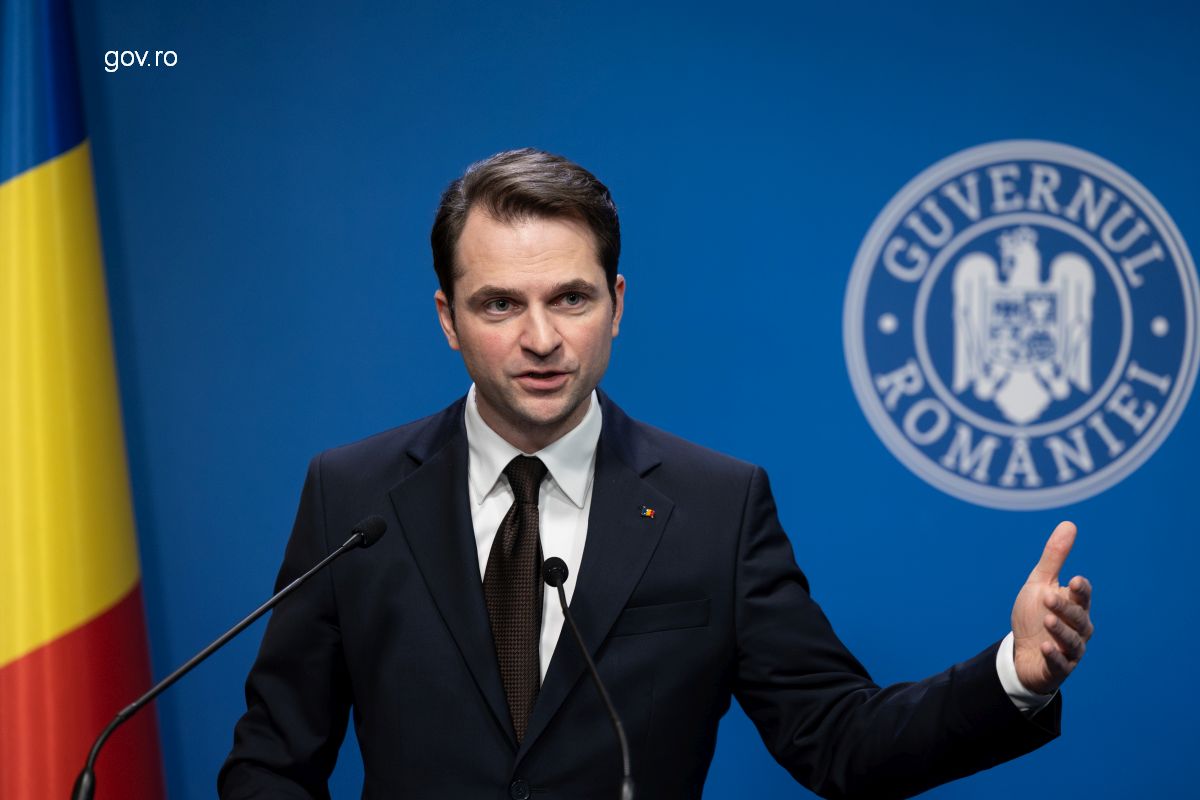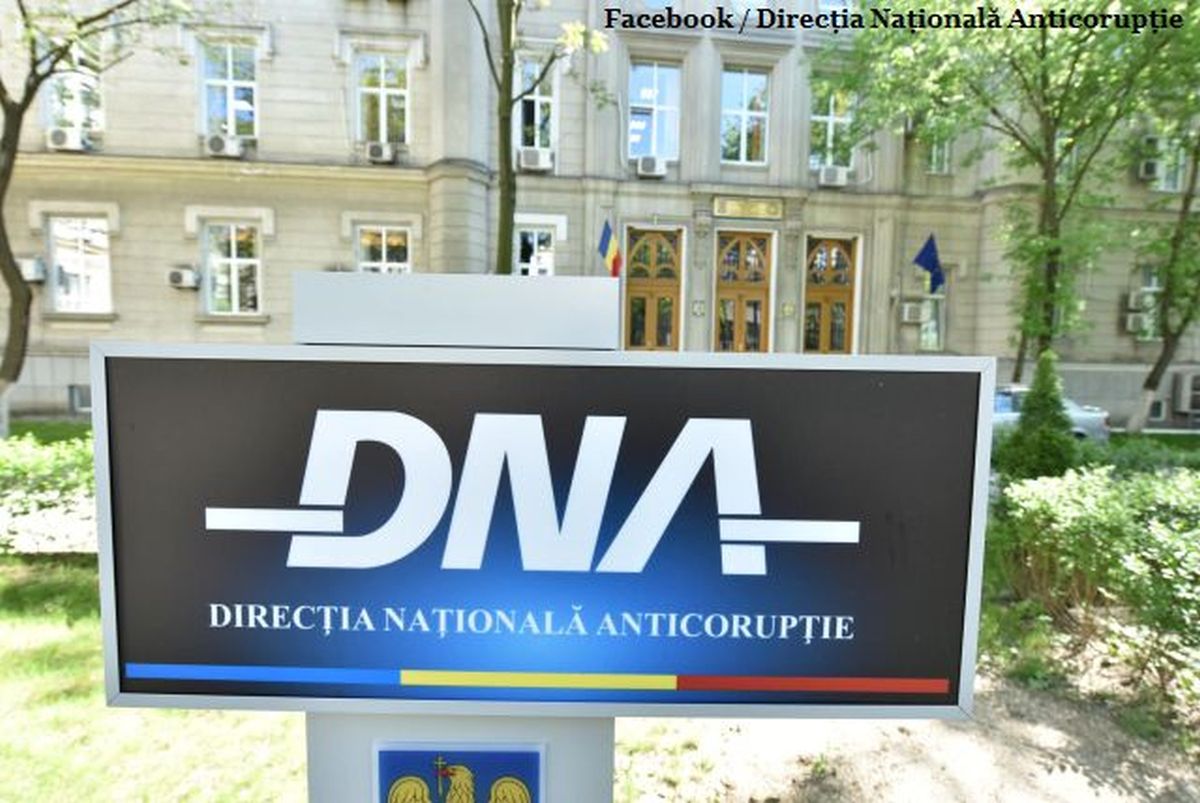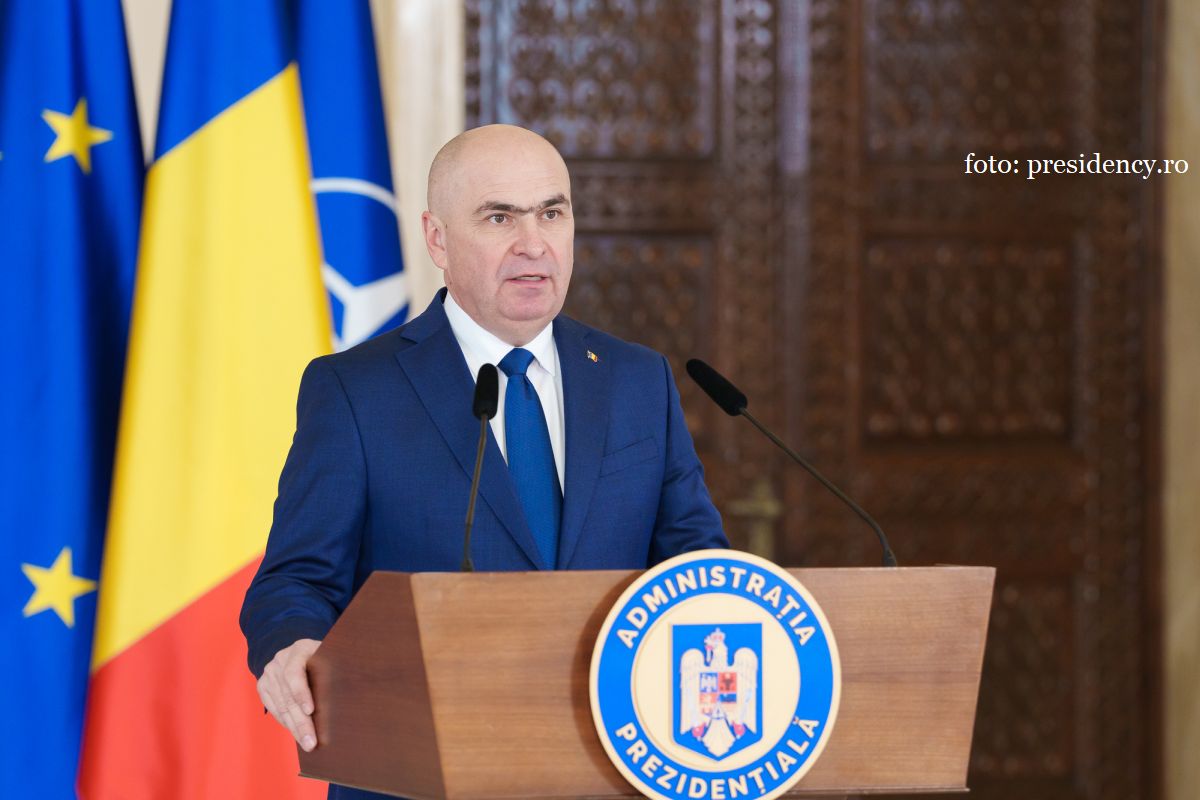The new fiscal law package at a first reading
The Romanian government has for the first time tackled the draft law on a new series of fiscal-budgetary measures

Roxana Vasile, 21.09.2023, 13:52
The PSD-PNL government coalition in Bucharest on
Wednesday night held its first talks over the new series of measures aimed at
attaining a long-term balanced state budget and easing the EU-fund absorption. The
country’s Finance Minister, Marcel Boloş, recalls that Romania has pledged to clear
the 4.4% budget deficit target. And if it fails to achieve that, it runs the
risk of seeing major EU fund cuts from the European Commission, funds, which
are crucial in the process of streamlining the country’s infrastructure,
including motorways, hospitals and schools.
Marcel Boloş: We have 46
billion euros in the cohesion policy and another 29.3 in the National Plan of
Recovery and Resilience. So we are talking Romania’s future here, 75 billion euros,
which we cannot afford being suspended.
Besides cutting on public expenses, the Executive also
wants to fight tax evasion, to improve income taxation and cut fiscal
privileges. In an attempt to reduce the anxiety caused by the upcoming higher taxes
and prices, the same Finance Minister says that prices will indeed be raised while
banks and small enterprises will be paying higher taxes, but the VAT will rise only
for some categories of goods and services
Marcel Boloş: Food
stuff will stay around 9%, and so will medicine, but medical prostheses for
disabled people will remain at 0% VAT. At the same time we are going to have 5%
for firewood, thermal energy, gas, everything that means household consumption.
Before the government session, the new
fiscal-budgetary measures had been tackled by the Three-party Social Dialogue
Council, a body made up of representatives of the government, employers’
associations and trade unions.
According to their president Florin Jianu, The
Employers’ Associations seem to be contented with the decision as they got the
promise the measures will be applied as of January 1st 2024 and the
VAT in the hospitality industry will remain unchanged.
Florin Jianu: The
hospitality industry will have a 9% VAT, a very good thing for this sector. Had
the VAT been raised in this sector we would have completely lost
competitiveness against our Bulgarian neighbors.
Trade unions, however, are dissatisfied with the
decision that holiday vouchers be given only to state employees with salaries
up to 16 hundred euros. In response Social-Democratic Prime Minister Marcel
Ciolacu said:
Marcel Ciolacu With a state salary of 8.000 lei, one cannot apply for
holiday vouchers, neither for food allowances. Employees with low salaries will
continue to get vouchers, even at a higher value, but it’s totally unfair to
give them to the employees with high salaries.
Prime Minister Ciolacu is to present next week in
Parliament the aforementioned package of fiscal-budgetary measures for which
its Executive will assume responsibility.
The new measures, which have attracted a lot of heat
from the opposition, have been described by the country’s president, Klaus
Iohannis, as a step in the right direction.
(bill)






























